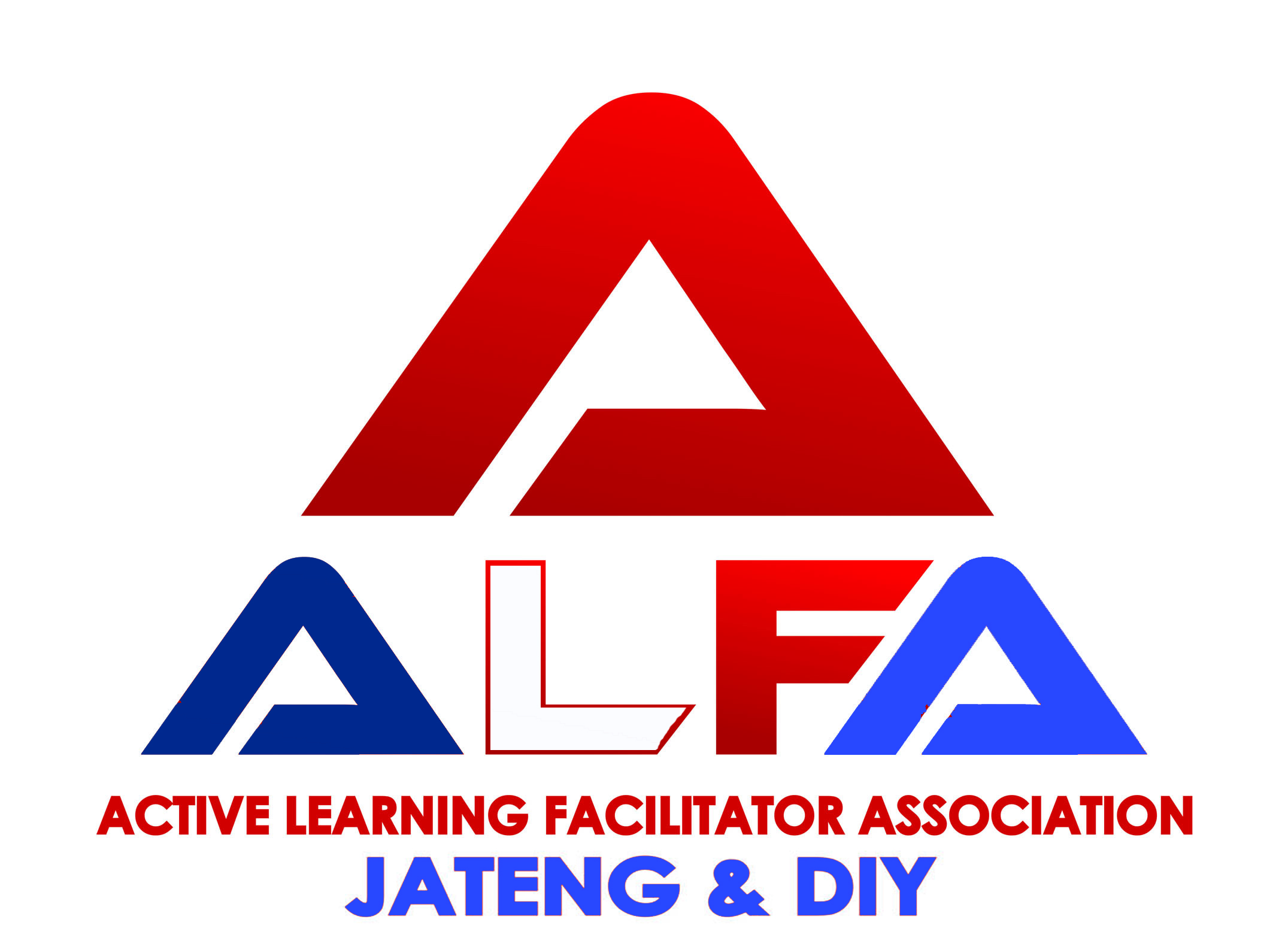The Influence of Self-Efficacy and Learning Independence Againts The Outcomes of The Study Material on Ecosystem Biology High School Student of Grade X
Abstract
In education word one of a serious problem is a high to low student learning outcomes. Good learning outcomes will be achieved when students have the self-efficacy and learning independence in overcoming learning difficulties which affect them. This research aims to find out and analyze the influence of self-efficacy and learning independence against the outcomes of the study of biology students. The research method used is ex pose facto 2x2 factorial design. The sample of this research is the grade X with number of 74 students. The instruments in this research are self-efficacy questioner, learning independence questioner and the outcomes study quesioner. Prerequisites testing conducted distributed normal data using Kolmogorov Smirnov and homogenous test using Bartlet test. Based on hypothesis testing, it was concluded that there is no influence of self-efficacy and learning independence against the outcomes of the study and there is influence between learning independence on student learning outcomes at Senior High School in Bekasi.
Keywords: self-efficacy, learning independence, student learning outcomes, ex post facto
Full Text:
PDFReferences
Adicondro. (2011). Efikasi Diri, Dukungan Sosial Keluarga dan Self Regulated Learning pada Siswa Kelas VIII. Jurnal Universitas Ahmad Dahlan. 8(1).
Ahmed, I. (2011). Self-Efficacy: The Predictor of Educational Performance among University Students, Information Management and Business Review, 3(2): 57-62.
Alwisol. (2016). Psikologi Kepribadian. Malang, UMM Press.
Bandura, A. 1997. Self Efficacy: The Exercise of Control. New York, Freemanand Company.
Chen C. S. (2002). Self-Regulated Learning Strategis and Achievement in an Introduction to Information System Course, Information Technology and performance Journal, 20(1): 13.
Cobb, R. (2003). The Relationship between Self-Regulated Learning Behaviours and Academy Performance In Web-Based Course, Unpublished Disertation, Faculty of Virginia Polytech Institute and State University, 23-30.
Colquitt, L., & Wesson. (2011). Organization Behavior. New York, McGraw-Hill Companies, Inc.
Gibbons, M. (2002). The Self Directed Learning Handbook Chalenging Adolescent Student to Exel. San Fransisco, Jhon Wiley & Sons, Inc.
Novianti, V. (2016). Pengaruh Self-Efficacy dan Motivasi Terhadap Hasil Belajar Biologi Siswa. Jakarta, Universitas Negeri Jakarta.
Nurhayati, E. (2011). Psikologi Pendidikan Inovatif. Yogyakarta, Pustaka Belajar.
Poerwati, L. E. & Amri, S. (2013). Panduan Memahami Kurikulum 2013. Jakarta, PT Prestasi Pustaka.
Rustaman, N. Y. (2011). Strategi Belajar Mengajar Biologi. Jakarta, Universitas Pendidikan Indonesia.
Saefullah, A. (2013). Hubungan Antara SIkap Kemandirian Belajar dan Prestasi Belajar Siswa Kelas X Pada Pembelajaran Fisika Berbasis Portofolio, Jurnal Wahana Pendidikan Fisika, 1: 26-36.
Sudjana. (2016). Penilaian Hasil Proses Belajar Mengajar. Bandung, Remaja Rosdakarya.
Tanta. (2015). Hubungan Efikasi Diri, Kemandirian Belajar, dan Kebiasaan Berpikir Terhadap Hasil Belajar Biologi SMA di Kota Jayapura. Disertasi. Jakarta, Universitas Negeri Jakarta.
Zimmerman, B. J., Bonner & R. Kovach. (1996). Developing Self-Regulated Learner. Washington: American Psychological Association, 140.
DOI: https://doi.org/10.31002/ijose.v2i1.597
Refbacks
- There are currently no refbacks.
Copyright (c) 2018








